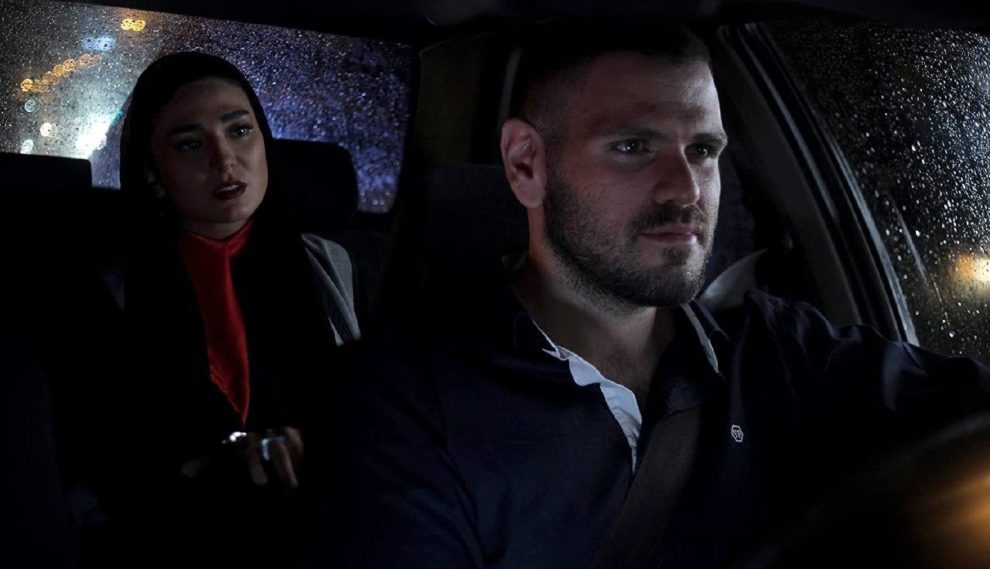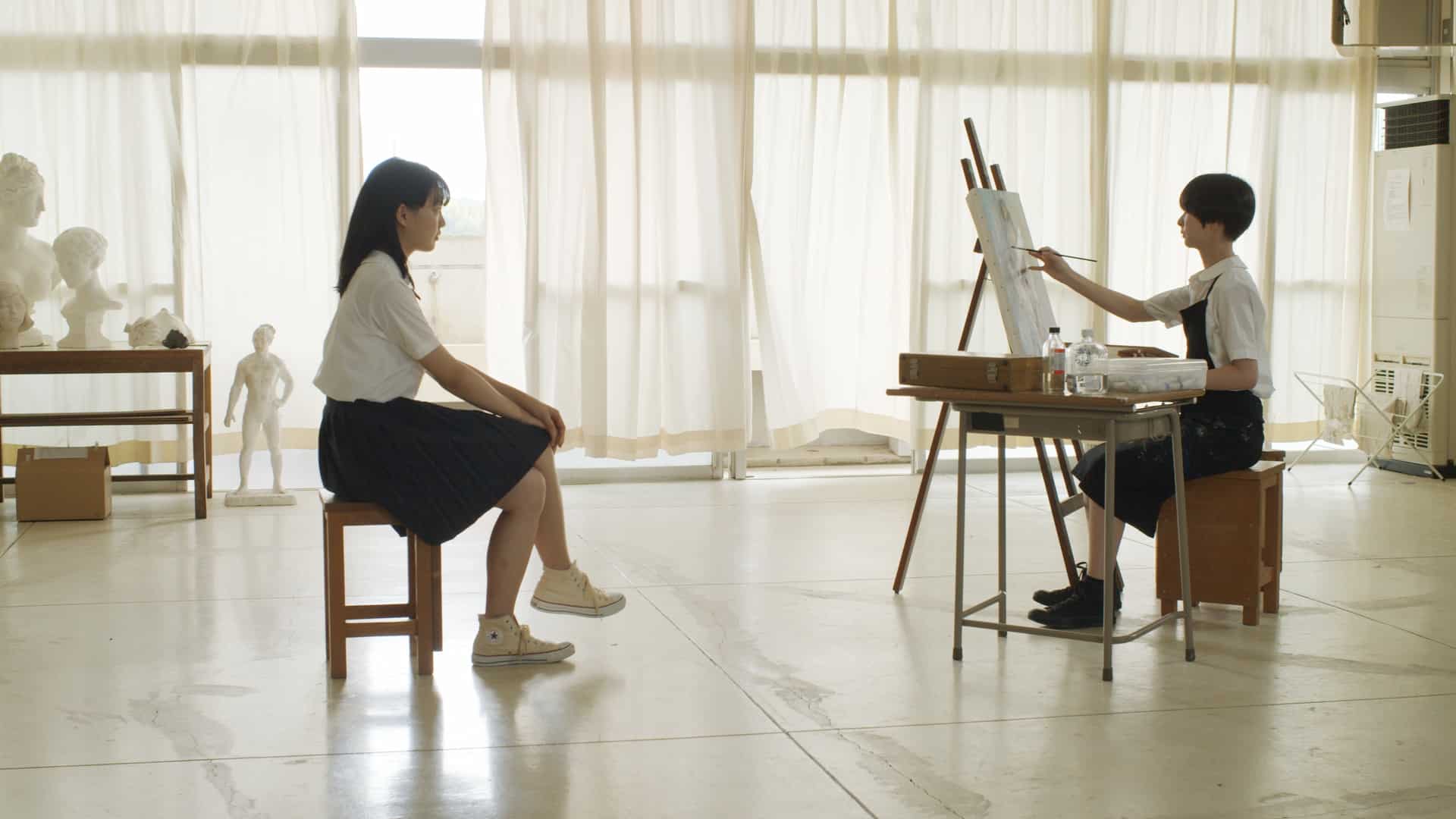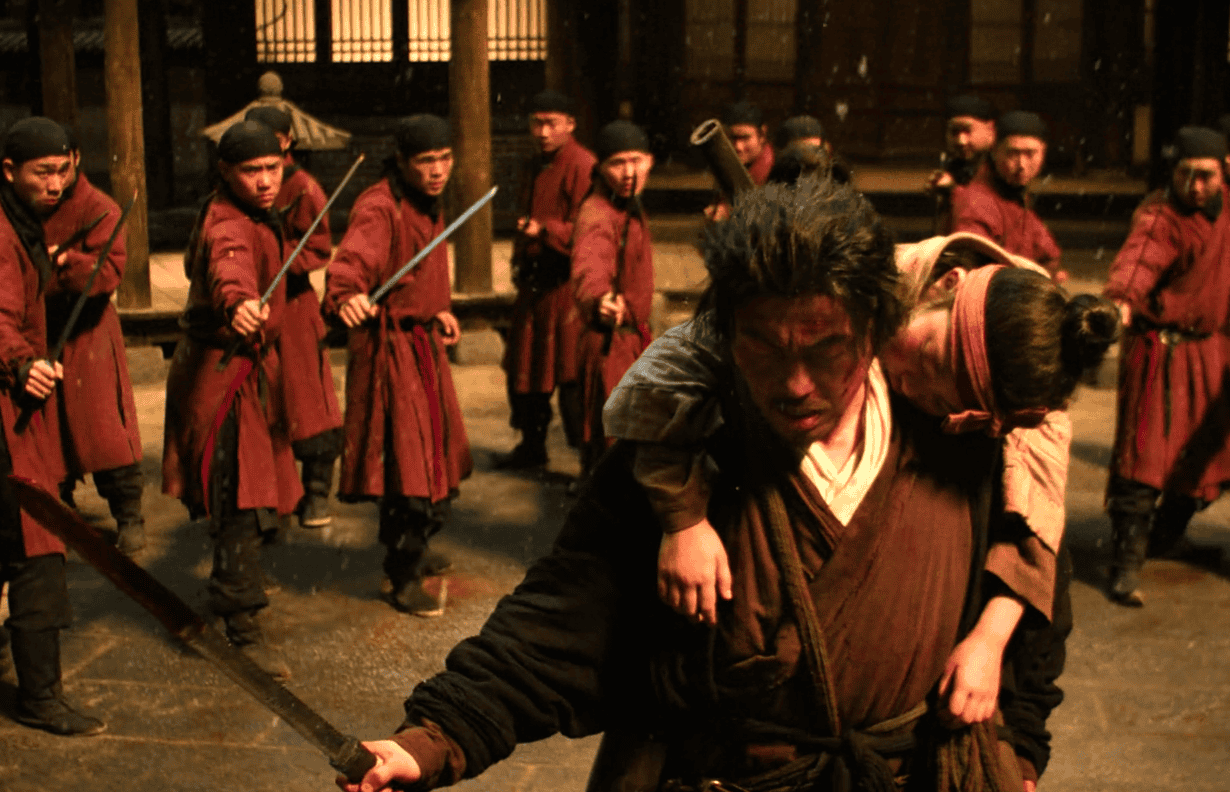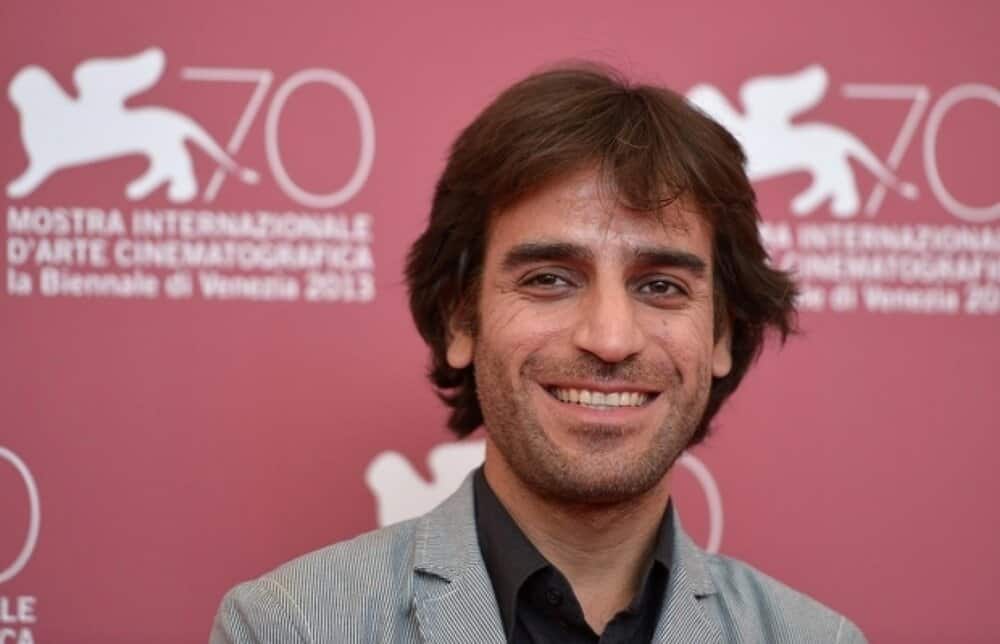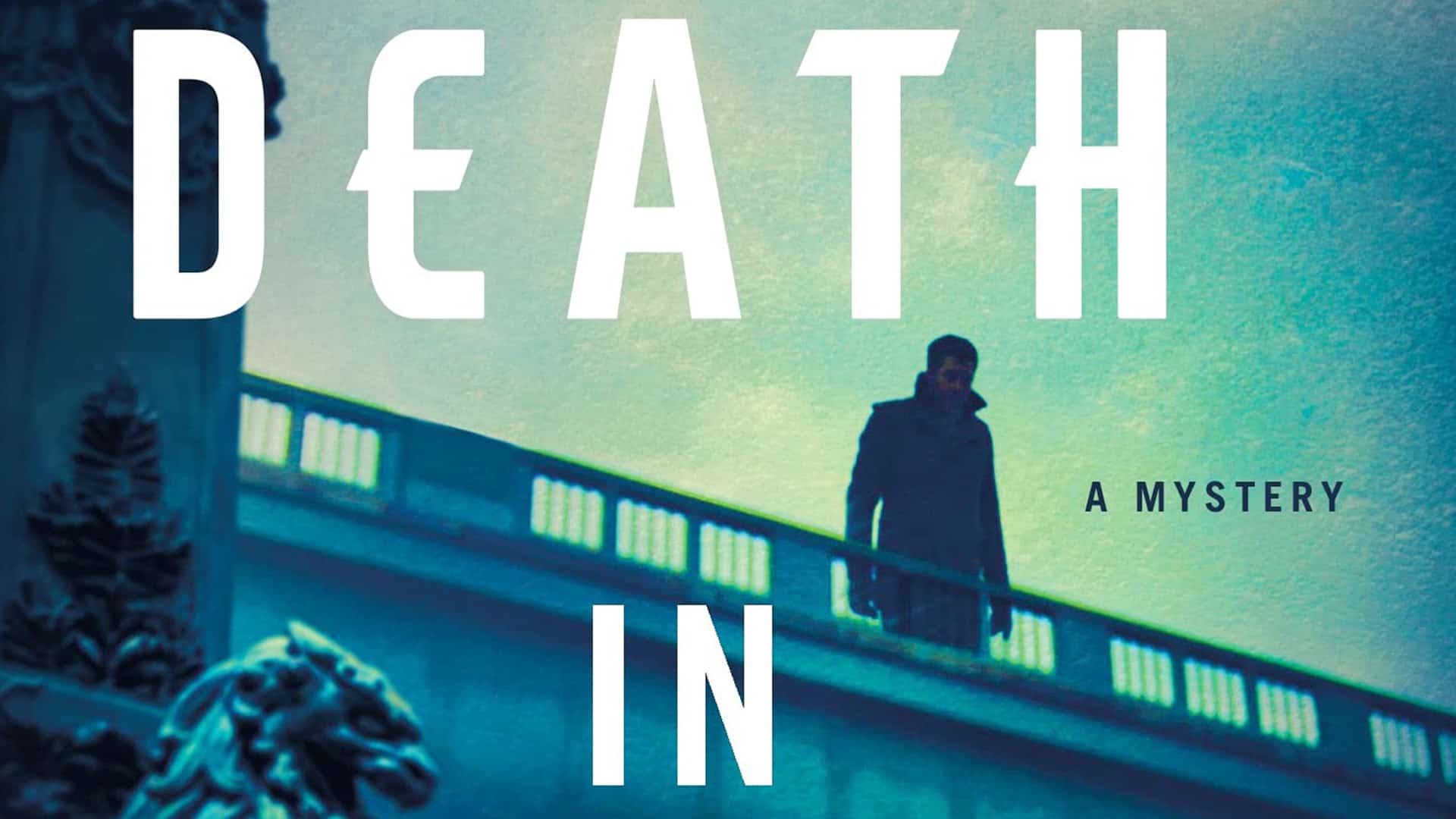Having a film that mostly takes place inside a taxi (or a car) is a concept that has given some impressive films, with “Night on Earth” being one of the first that comes to mind. Farhad Najafi tries his hand in the concept, by implementing a mostly noir approach.
Leyla, a very beautiful woman, leaves her party and boards a taxi, only to have the driver stop a few minutes later to throw all her gifts in a garbage bin. As she seems reluctant to reveal all the destinations she wants to visit during the night, a tense rapport begins between the two, which takes a completely other turn when Leyla offers the driver a large amount of money to drive her for the whole night. The driver is not sure what to do, but goes with the flow, even after it becomes obvious that something dangerous is going on. The two continue their tense interaction in the vehicle, but also come closer as Leyla eventually sits in the front seat. As a rather dramatic story is revealed, it seems that she is not the only one with secrets.

The film begins in intriguing fashion, with the mystery surrounding Leyla's doings and the perplexed annoyance of the driver inducing the narrative with a tension, which soon also begins to implement a number of social comments regarding the place of women in Iranian society. Furthermore, the way the shuttering story unfolds, through both flashbacks and the discussions of the two is well implemented, retaining the mystery and a sense of agony that points towards the thriller, for the majority of the film's duration.
All the aforementioned aspects benefit the most by the acting, with Mina Vahid as Leyla and Mohammad Mehdi Hosseini as the driver being quite convincing in their parts, also highlighting their chemistry. Furthermore, the portrayal of Tehran by night, as implemented by Rouzbeh Raiga's cinematography is impressive, even in the shots through the car's windows, in the element that gives the narrative a noir essence. The way his camera seems to adore Vahid's undeniably beauty is another element that benefits the visual aspect of the film.
However, after a fashion, and particularly due to its script, the movie falters almost completely, at least in narrative terms, since the story becomes too far-fetched, with the whole thing turning into something that looks very much like a TV soap opera. The finale in particular, includes a number of illogical and unjustifiable plot twists, and the shocking ending does not compensate.
Furthermore, as the story progresses, a rather annoying comment emerges, which seems to state that the onerous fate Leyla faced was due to her decision to abandon her unlucky, poor husband in search of luxuries and a high-class life (a better life, one could say though).
“One Night in Tehran” is a beautiful film, which does a number of things correctly, but in the end suffers due to its script, which points more towards a TV-production than a cinematic one.


